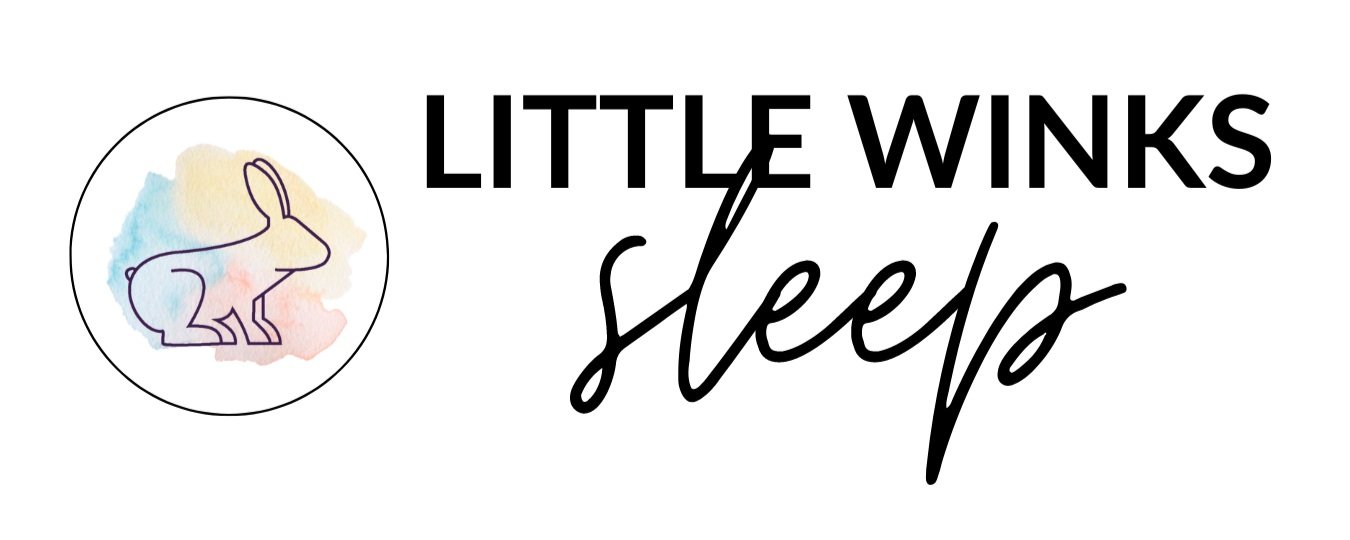Is my baby overstimulated?
There are three main types of stimulation: overstimulation, understimulation, and healthy stimulation. Today we’ll tackle overstimulation.
In no world are we ever going to get this right all of the time. We all have appointments, events, and activities that carry importance.
Back in the pandemic world, we were suddenly looking forward to a dentist appointment like it’s a staff Christmas party.
New lipstick? Check. Outfit on-point? You bet.
What was once a normal amount of stimulation for baby, like accompanying you to the dentist, can actually overstimulate them if they weren’t able to get out so much (but keep going to the dentist. Mama needs those pearly whites AND reasons to buy a new lipstick).
Overstimulation can be the result of an activity that is especially busy, noisy, long, or new.
An overstimulated baby’s brain releases cortisol (the stress hormone), making it difficult to initiate and maintain sleep … especially because with each release it takes about 24 hours to cycle out of the system. It can even cause extra night wakings, early mornings, and short naps.
An overstimulated baby is not as responsive, can be difficult to calm, has increased separation anxiety, and finds it challenging to learn new skills or to complete a task.
How can you help your overstimulated baby? It’s not by keeping that calendar clear.
First, try to anticipate activities that might cause overstimulation. With the possibility in mind:
Have those moments of connection throughout the activity or appointment. Speak in soothing tones and physically connect with hugs and cuddles.
Make sure to get home 15-20 minutes before baby’s awake window ends, in case they needs to snooze a little earlier.
Try to have their nap space ready-to-go so that it doesn’t delay baby’s journey to sleep.
And if baby does reach that level of overstimulation, despite your efforts?
Lower the lighting. Reduce sound. Turn off the TV. Let’s keep things calm.
Change baby’s body temperature. A warm cloth on the back of the neck or a step outside to enjoy the breeze can distract baby and have them focus on the joy of fresh air or the peace of a warm compress.
Get down on your child's level. Show them that you are present and connected into what they are feeling.
Give them some skin-to-skin time, allowing them to listen to the sound of your calm, slow, deep breaths and to co-regulate.
The key is to prevent constant opportunities for overstimulation that get baby into a cycle of overtiredness. Kind of like the child who goes to daycare, then right to swimming lessons, over to gymnastics, and then has a late dinner before being rushed to bed. Good intentions? Sure. Overstimulated and exhausted? Definitely.
Again, there is no scenario where we are the perfect parents and get it right all of the time. And if baby gets overstimulated? It’s okay. It’s normal. It’s part of experiencing the world and building resilience. Be intentional, calm, reconnect, and give them grace. They will come down off of the cortisol rush and we’ll all live to parent another day.
If you need some strategies for calming your baby, watch the video below:
Remember to care for yourself too. Is that beer in the fridge, cool and ready to go? Is the PVR set with the latest recordings of Grey’s? Is the yoga mat rolled out? You get the idea.
Happy Adventuring,
Anna


